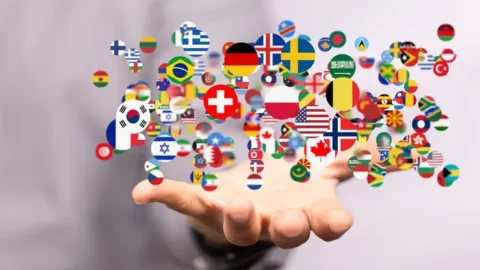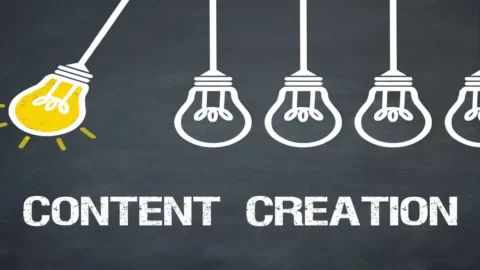Civil rights in the 21st century have undergone significant transformations, marked by both progress and persistent challenges. As societies grapple with issues of equality, justice, and inclusion, civil rights movements have gained momentum, advocating for the rights of marginalized communities and challenging systemic injustices. However, amidst these advancements, new complexities and emerging trends shape the contemporary discourse on civil rights.
One notable aspect of civil rights in the 21st century is the expanding recognition of intersectionality, acknowledging the interconnected nature of various forms of oppression. Movements such as intersectional feminism have highlighted how race, gender, sexuality, class, and other factors intersect to shape individuals’ experiences of discrimination and marginalization. This intersectional approach has brought greater visibility to the struggles faced by marginalized groups and underscored the importance of addressing multiple forms of oppression simultaneously.
Moreover, technological advancements and the digital age have presented both opportunities and challenges for civil rights. On one hand, social media platforms and online activism have facilitated the rapid spread of information, mobilization of grassroots movements, and amplification of marginalized voices. On the other hand, issues such as online harassment, data privacy, and algorithmic bias have raised concerns about digital rights and the equitable access to digital spaces.
In the legal sphere, debates surrounding civil rights have expanded to encompass new frontiers, including the rights of transgender individuals, the impact of artificial intelligence on discrimination and bias, and the intersection of technology and surveillance with civil liberties. Courts and legislatures around the world are grappling with these complex issues, shaping the legal landscape in response to evolving societal norms and technological advancements.
Additionally, globalization and migration have brought about new dynamics in the struggle for civil rights, as diverse populations navigate issues of cultural identity, belonging, and citizenship. The rise of populist movements and nationalist ideologies in some regions has fueled xenophobia, racism, and anti-immigrant sentiments, posing challenges to the rights and dignity of migrants and refugees.
Overall, civil rights in the 21st century are characterized by a complex interplay of progress, challenges, and evolving dynamics. While significant strides have been made in advancing equality and justice, systemic inequalities and emerging issues continue to shape the pursuit of civil rights around the world. It is essential for societies to remain vigilant, responsive, and inclusive in addressing these challenges and upholding the fundamental rights and freedoms of all individuals.










